May 23 in Christian History
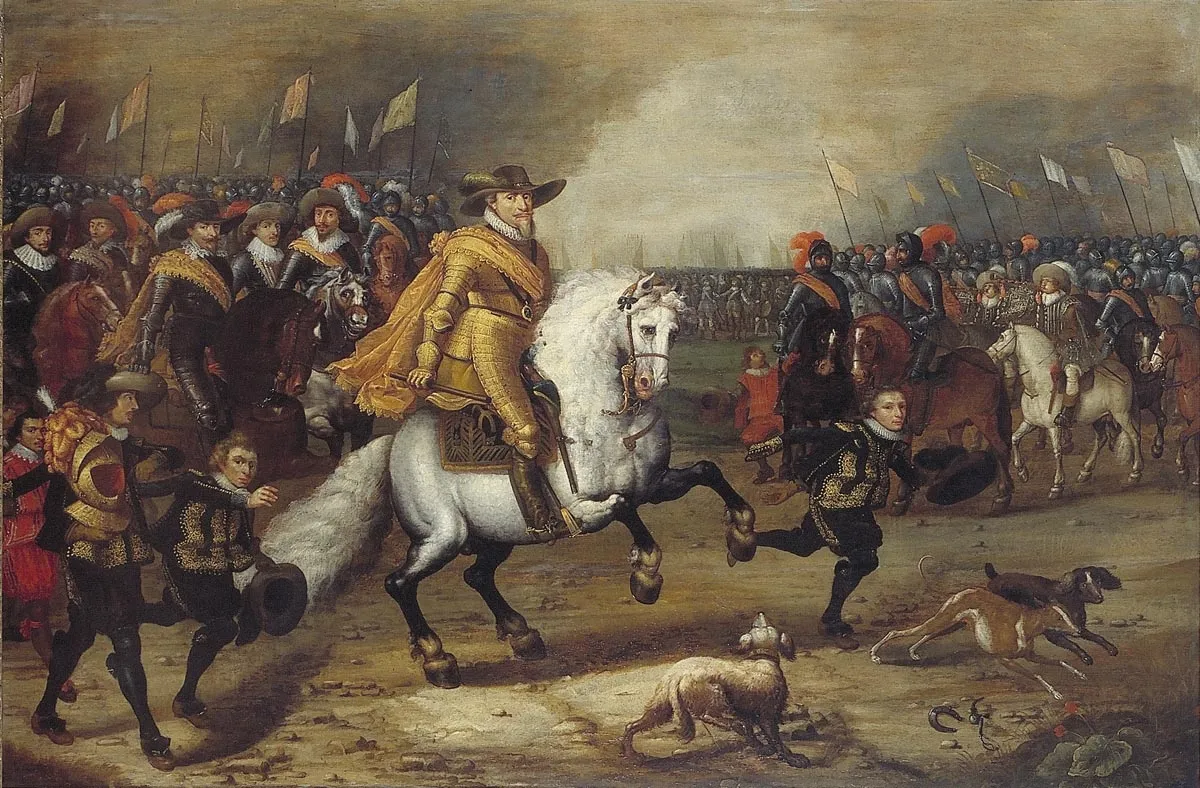
In the mid 16th century, the people of Belgium and the Netherlands were discontent under the foreign rule of Spain.
King Philipp II, the reigning Hapsburg monarch of Spain, had no knowledge of Dutch or French. Separated by both distance and language, the king was hopelessly out of touch with the 17 provinces of the Lowlands, as it was called.
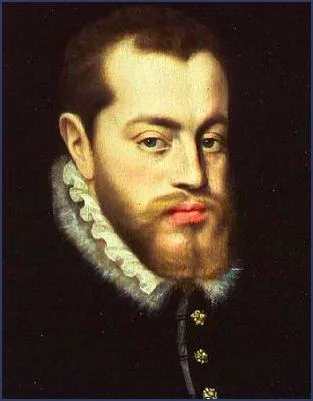
He demanded heavy taxation from the impoverished commoners. The noblemen of the land, led by William of Orange, along with his friends, the counts of Egmond and Horne, repeatedly advised their foreign masters against the decision. They informed the King of the growing unrest among the people but their warnings fell on deaf ears.
Protestantism began to take root in the Lowlands. Reformed preachers, many of them from the Calvinist school of thought, began spreading their ideas throughout the land—particularly in the Northern provinces.
When the staunchly Catholic Philip II received word that citizens in his territories were throwing off their ties to the Roman church, he acted swiftly and decisively—enacting stern laws and sending representatives to stamp out the rising movement.
Once more, William and the other nobles sent a petition to the king, asking him to rethink his harsh stance. The Spanish rulers merely laughed at the petition—calling the nobles “beggars.”
The petition accomplished the opposite effect, and Philipp sent 10,000 troops to the city Brussels under the command of the Duke of Alba to ensure peaceful cooperation. Alba tried to silence any dissenting voices, and promptly arrested the counts of Egmond and Horne. He had them beheaded in the city square not because they were Protestants, but because they were tolerant toward the Protestant population. This only outraged the people.
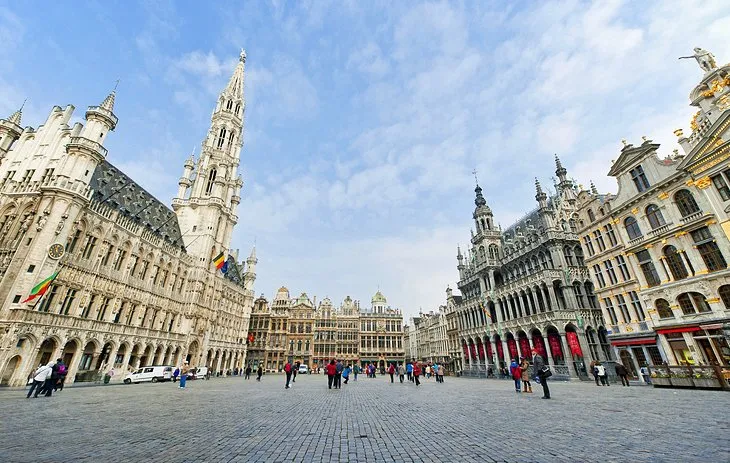
William of Orange fled to Saxony, where he lived in exile. In his absence, one of the bloodiest inquisitions of all time began. Over 1,000 Lowlanders were murdered for either Protestantism or Protestant sympathy.
However, William was not idle during his exile. He was able to raise an army of Protestant sympathisers from Germany and France to oppose Alba’s bloody regime in the Lowlands.
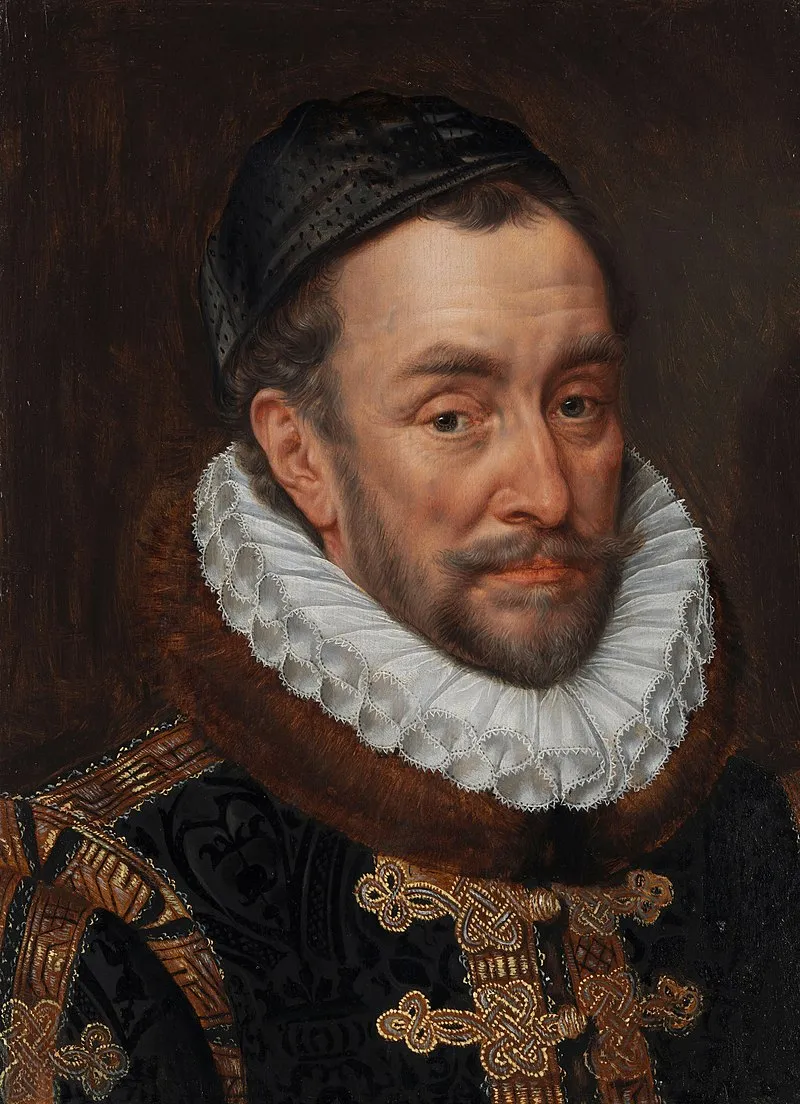
He returned to his homeland in 1568, and liberated city after city. The Catholics and the Protestants of the Lowlands united for the cause of freedom and tolerance. They called themselves the Beggars.
On May 23, 1568, William’s forces won a decisive victory at Heiligerlee. After the battle, the Netherlands declared itself independent from Spain.
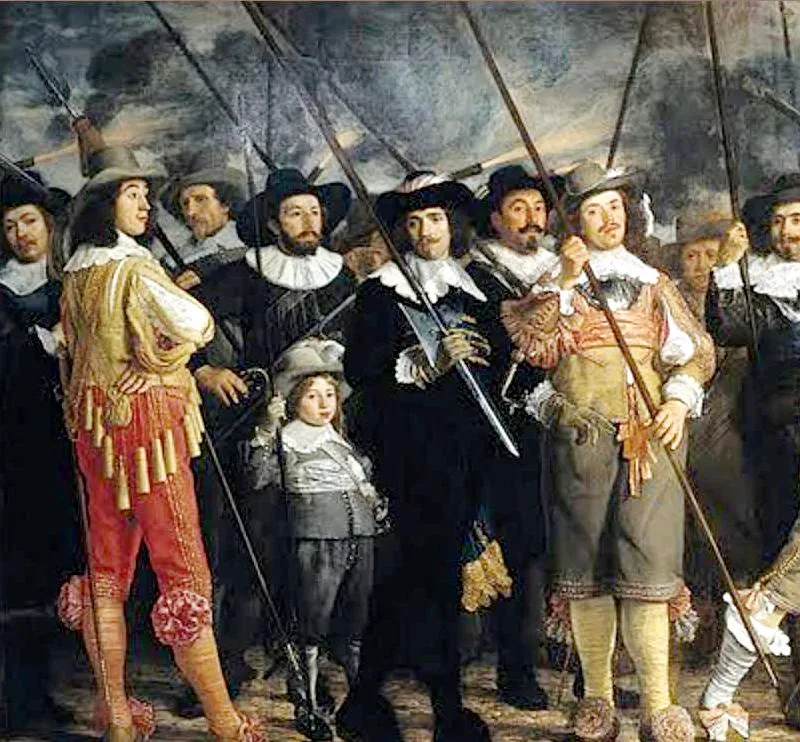
So began the 80 Years war, in which the more powerful Spaniards would continually ravage the infant nation with repeated attempts to beat it into submission. However, the Netherlands would eventually prevail, and would honour their liberator by making Orange their national colour.
Verse of the day: 1 Peter 3:8
Be of one mind. Sympathize with each other. Love each other as brothers. Be tenderhearted, and keep a humble attitude.